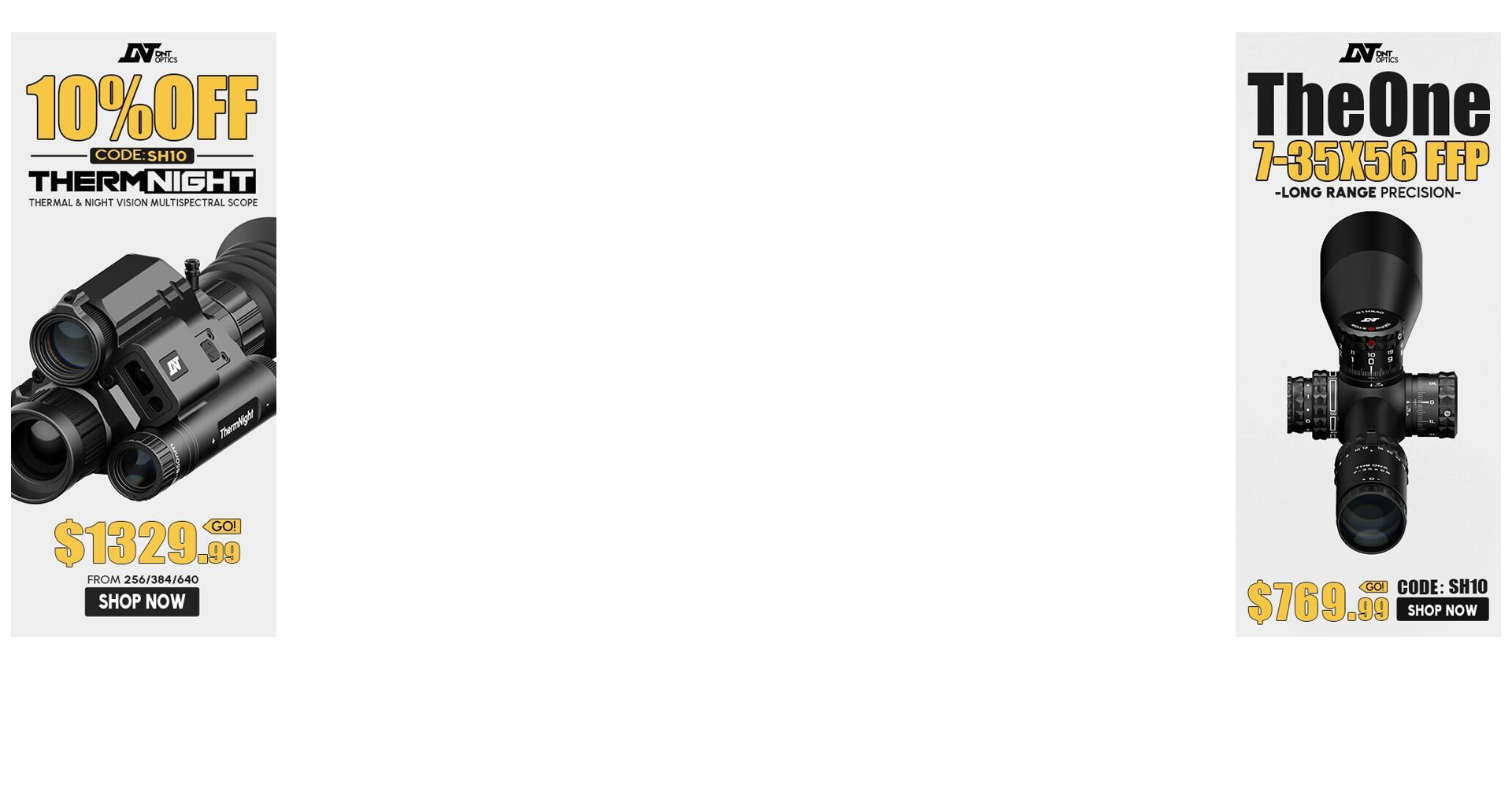If this has been covered, please point me in the right direction. I searched but couldn’t find anything. I picked up an Athlon ares etr 4.5-30 that’s waiting for it’s new rifle. I adjusted the diopter during daylight based on instructions I’ve seen here for handling a FFP optic. My eyes adjust very quick, so I have a hard time getting the reticle just right. I tweaked and tweaked and really believe I had it dialed in. I was out late this evening to have a look through it during lowlight as I will be doing a lot of hunting with. When I lit the reticle up, it was way out of focus unless I worked real hard to adjust my eye. Please advise. This is my first FFP and the first lit reticle that illuminates the whole reticle. Btw, it wasn’t that the illumination was washing the reticle out or bleeding over. It was just plain out of focus.

